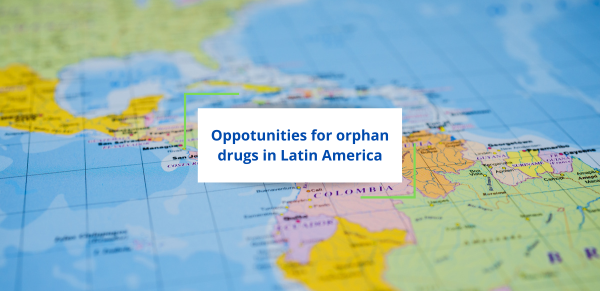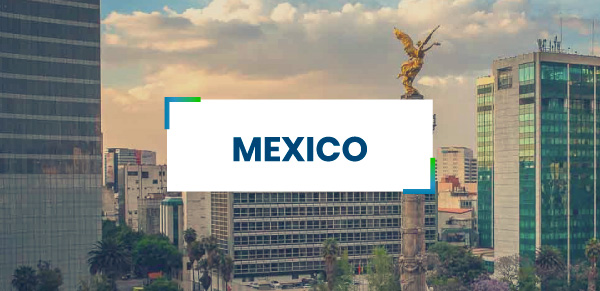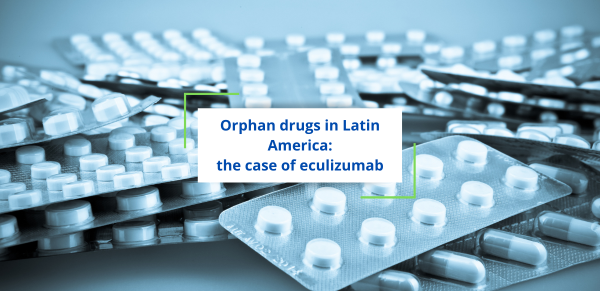Publicaciones Similares

Colombian Health System
The main objective is to regulate the essential public health service and create conditions of access for the entire resident population of the country, at all levels of care.

Health System in Argentina
To ensure compliance with area policies for the promotion, preservation, and recovery of the population’s health, strengthening the balance between users, providers, and financiers, in conditions of free
competition, transparency, economic efficiency, and social equity.
Biosimilars in Chile
The regulatory body in charge of approving
medicines is the National Medicines Agency (ANAMED), which is part of the Public Health Institute of Chile (ISP), under the Ministry of Health.
Oppotunities for orphan drugs in Latin America
There are ample opportunities for the entry of orphan drugs into the region. The size of the Latin American orphan drug market was USD 14.17 billion in 2021 and it is estimated that it will increase by 7.38% by 2026. Based on the type of drug, the biological sector dominates the orphan drug market for Latin America

Mexican Health System
To establish state policies so that the
population has the right to health protection.
Orphan drugs in Latin America: the case of eculizumab for the treatment of paroxysmal nocturnal hemoglobinuria and atypical hemolytic uremic syndrome
Eculizumab It has been used in the treatment of orphan diseases, such as paroxysmal nocturnal hemoglobinuria (PNH), atypical hemolytic uremic syndrome (aHUS), neuromyelitis optica spectrum disorder (NMOSD) and myasthenia gravis
